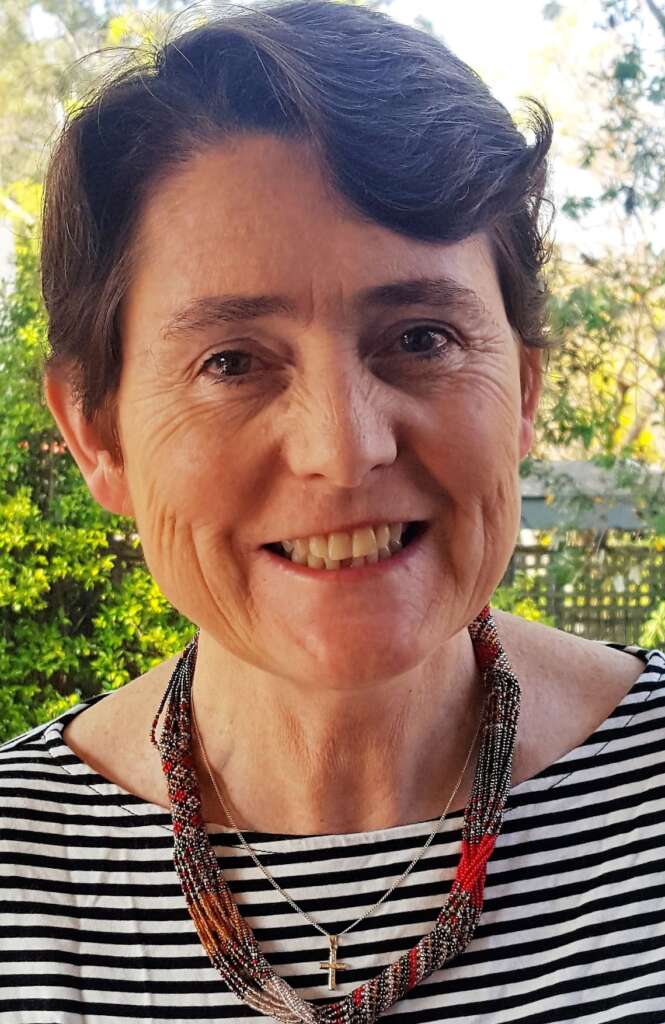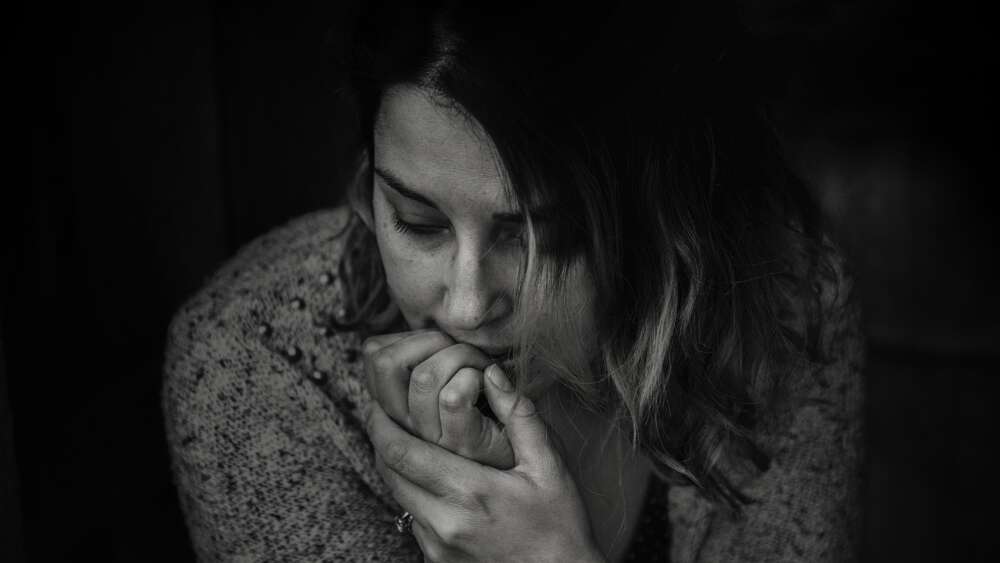Domestic violence in the church – guiding survivors to healing and hope
Justice for women is a gospel issue
“Take a stand for the survivor, challenge the abuser and contest dismissive attitudes, while always seeking the safety, sanity and dignity of the survivor with your words and behaviour.”
This quote is from Renew, an Australian Guide for Christian Women Survivors of Domestic Abuse, published by Anglicare, which aims to be a helpful resource for survivors and for those who walk alongside them.
“It’s a place that they can find helpful, practical information,” says Lynda Dunstan, Anglicare Family and Domestic Violence Adviser, who is the Australian Editor of Renew, an adaptation of Restored, UK’s handbook for Christian women survivors of domestic abuse.
“Most of all, we want Christian women who are experiencing domestic abuse to know that God sees them and God sees exactly what is happening and that they are not to blame for the situation they are in. And that God wants them to find safety, healing and recovery, and that we as a Christian community need to be ready to help them in that journey.”
The book addresses the challenging issues a Christian woman might face because of her faith, such as spiritual abuse.
Launched this week to coincide with the International Day for the Elimination of Violence Against Women, being marked on 25 November, Renew addresses the challenging issues a Christian woman might face because of her faith, such as spiritual abuse.
In an interview with Eternity, Lynda explains that there was a need to bring together credible, useful, practical information about domestic violence, along with space to reflect on issues particular to Christian women.
“Sometimes in a church, we’re not always super-trustful of what particular services might offer, even though they offer really good, helpful DV support; but sometimes they may not understand the particular issues and needs of a woman of faith. So issues around spiritual abuse and issues that she might be struggling with to understand her relationship with God and who she is as a Christian woman in the context of domestic abuse. So the goal of the book is to bring those two things together,” she says.
“We hope it’ll give wisdom and guidance to the survivor, but also those walking alongside.”
The book even addresses seldom-aired topics such as sexual abuse in Christian marriage, links between infidelity and pornography and domestic abuse, along with some of the spiritual issues a survivor might be trying to process.
“Things like, what about forgiveness? Where does that fit? Is domestic abuse a form of biblical suffering? So how do we understand our teaching about suffering and perseverance being good for us? Is that what is meant when you are dealing with domestic abuse?” explains Lynda.
“We wanted to have some space for reflection to process some of those challenging issues. The whole one about separation, divorce or reconciliation, how to think through those things and have some guidance in those areas, always wanting to prioritise the survivor’s safety and give her freedom to make the choices that are going be best for her and her children.”
Rates of domestic abuse in the church are about the same as in the broader community – that’s about one in four women in their lifetime.
The most recent research in Australia has found that rates of domestic abuse in the church community are about the same as in the broader community. That’s about one in four women in their lifetime and about one in 13 men (National Anglican Family and Domestic Violence Research Report, NCLS, 2021).
In the book, Lynda makes the bold statement that gender justice is a gospel issue. This is because the statistics show that domestic abuse primarily hurts women and is primarily committed by men.
“It doesn’t mean that you can’t have a man who is a survivor, and it doesn’t mean that all men are perpetrating abuse, but it is primarily gendered in its nature,” she says.
“And I feel we in the church perhaps have some work to do around grappling with that reality and thinking about how we bring about justice for women who are suffering that oppression.”
It’s during a survivor’s healing and recovery phase that Lynda sees the most scope for an ordinary church member to take a supportive role.
“We address some specific topics about self-worth and ways to get support, recovery from some specific issues, how to set boundaries and build new relationships,” she says.
“But this is very much a space where survivors need people to walk alongside them in the journey of healing and recovery, and to recognise that that might be quite a long-term journey. And they may well need support as they process their experiences. Also recognising that, even if they have separated, that doesn’t mean to say that the abuse has stopped. We know it’s highly likely to continue post-separation, particularly around contact with children. And so a survivor needs people who get it and will walk alongside them and support them for however long that journey takes.”

Lynda Dunstan
While there has been a shift in culture in recent times and an understanding that DV is a matter of public rather than private concern, Lynda says there is still a knowledge gap about the complex cycles of abuse and how these entrap and erode a woman’s identity and potentially her faith.
“It can be very hard for people who are not familiar with this and haven’t seen it in a friend or family member or church member to understand how pervasive the pattern of coercion and control can be in someone’s life and relationships, how small and subtle behaviours can build up as part of this pattern of power and control and oppression and abuse. And even for the person experiencing it, it’s often very hard for them to recognise that because things that seem innocuous or small build up into this much bigger pattern.
“Most people who enter into a relationship and a marriage are shocked if they find that it’s become abusive. It’s not what they want their life to be looking like. And it can be very hard to go, ‘I think that pattern fits.’”
“That’s what the abuser would want, that a Christian woman would lose her identity as a beloved daughter of God and potentially lose her faith. We want her to find strength and hope and healing in her good, just and seeing God.” – Lynda Dunstan
As Lynda wrote the book, she realised that the kind of support a survivor needs most is recognition and a space for her voice to be heard because her identity has been squashed.
“The whole goal of domestic abuse, especially that of coercion and control, is to strip the victim survivor of her autonomy, her identity, her capacity for self-agency to make her dependent on the abuser.
“That’s what the abuser would want, that a Christian woman would lose her identity as a beloved daughter of God and potentially lose her faith. We want her to find strength and hope and healing in her good, just and seeing God.”
Lynda encourages anyone who is in a situation of domestic abuse to reach out for help either through your church or Anglicare counselling: 1300 651728.
You can also contact a Domestic Violence Service such as 1800 Respect: 1800 737 732.
Renew: An Australian Guide for Christian Women Survivors of Domestic Abuse is available here or by emailing [email protected].
Anglicare op shops and counselling offices will also stock copies and provide survivors with support.
Email This Story
Why not send this to a friend?



